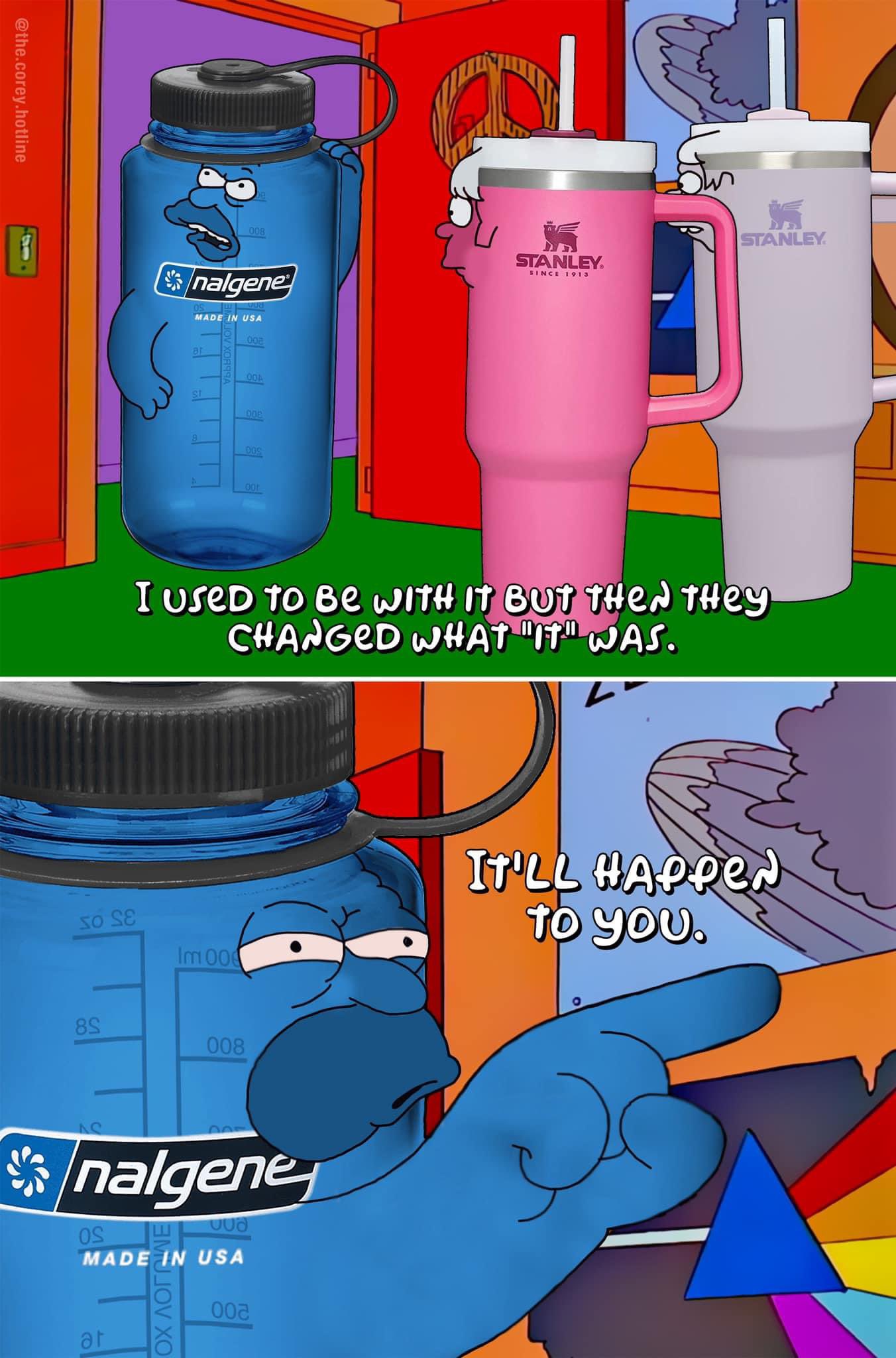this post was submitted on 09 Feb 2024
798 points (98.3% liked)
memes
10454 readers
2158 users here now
Community rules
1. Be civil
No trolling, bigotry or other insulting / annoying behaviour
2. No politics
This is non-politics community. For political memes please go to !politicalmemes@lemmy.world
3. No recent reposts
Check for reposts when posting a meme, you can only repost after 1 month
4. No bots
No bots without the express approval of the mods or the admins
5. No Spam/Ads
No advertisements or spam. This is an instance rule and the only way to live.
Sister communities
- !tenforward@lemmy.world : Star Trek memes, chat and shitposts
- !lemmyshitpost@lemmy.world : Lemmy Shitposts, anything and everything goes.
- !linuxmemes@lemmy.world : Linux themed memes
- !comicstrips@lemmy.world : for those who love comic stories.
founded 1 year ago
MODERATORS
you are viewing a single comment's thread
view the rest of the comments
view the rest of the comments

There's another theory running around that Stanley cups are also growing in popularity due to a demographic focus of Mormons.
Source [blog]: https://screenshot-media.com/the-future/trends/mormons-stanley-cup-craze/
I believe the "hot beverages" claim is a bit misleading. I'm not a Mormon, but my understanding is they "hot beverages" only applies to coffee and tea. It was interpreted as a medicinal phrase (like how a "cold compress" might refer to a particular medicinal application of cold rags and not any cold rags?). The Mormon Church allows members to drink some cold caffeinated beverages since they are not "hot beverages". However, I think they weirdly still ban iced coffee despite it being cold...
Anyways, they represent a sizeable 2% of the US population. 6.5 million people who generally abide by these cold/hot beverages principles. So a running theory is they command a decent portion of the thermos market share.
I'm not an expert. I'm just sharing what I've heard.